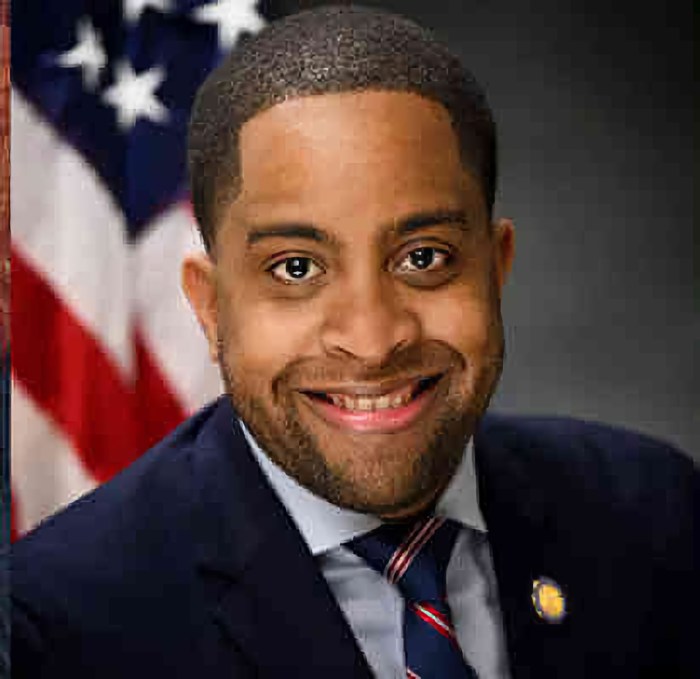OTTAWA – The Conservative government is rolling out more elements of its economic stimulus plan, with Human Resources Minister Diane Finley promising $1.5 billion for job training and Transport Minister John Baird putting the finishing touches on an infrastructure spending package.
The two moves are the latest in a carefully orchestrated series of leaks in advance of a federal budget that will try to bolster the flagging economy – and maintain the Tory grip on power in the face of a fractious opposition.
Finley, told a national news agency her initiatives will help both workers collecting employment insurance and those who don’t qualify for traditional jobless payments.
“A lot of people are going to be unfortunately losing their jobs” in the current economic downturn, said the minister.
“We want to be sure we’re helping them.”
Baird has scheduled a news conference for Ottawa on Monday where he’s expected to flesh out an infrastructure strategy that will form a key part of the Tory game plan.
The Conservatives have already committed, in their last two budgets, to $33 billion in spending on roads, bridges and other projects over seven years.
But provincial premiers have been clamouring for Ottawa to speed up the timetable and put more money into the pot. Big-city mayors say they have a list of 1,000 shovel-ready projects and have been pressing for a bigger share of federal gas-tax revenue to fund their wish list.
There was no word Sunday on details of Baird’s strategy, but a government insider confirmed his announcement would be budget-related and qualify as “good news.”
Finley, for her part, was silent on many of the key details of the jobs package put together by her department.
She noted the government has already pledged not to raise EI premiums this year. But she refused to explain whether program rules will be loosened to make more people eligible, increase their payments and lengthen the time they can collect.
The public will have to wait for Finance Minister Jim Flaherty to deliver his budget Tuesday to learn more about such matters, said the minister.
Some $500 million in training funds will be targeted to help what Finley called “long-tenured workers,” but she didn’t elaborate on that point.
She also signalled there will be incentives to help apprentices taking training for skilled trades, and moves to speed approval of foreign job credentials for immigrants.
There will also be retraining measures to help self-employed workers who don’t qualify for EI, and for people like stay-at-home mothers who want to get back into the labour force, said Finley.
But she was unable to put a figure on how many people she expects to benefit from the new measures.
“I don’t have any numbers handy right now,” she said. “But what we’re looking to do is help the most vulnerable.”
That catch-phrase appeared to be aimed at Liberal Leader Michael Ignatieff, who has said his party will judge the budget on whether it helps those most in need.
In an earlier interview, Finley also seemed to be making a pitch for opposition support with a confirmation that there will be new spending for social housing.
A Toronto newspaper reported that cash infusion would be about $2 billion, with half of it to renovate existing housing units, $600 million for aboriginal reserves, $400 million for seniors housing and $75 million for people with disabilities.
In other recent leaks, the government has indicated it will create a $1-billion fund to help mining, forestry and farming communities. The money will be targeted largely to single-industry towns.
The unprecedented string of pre-budget announcements started last week with a disclosure that the Tories expect to run a deficit of $64 billion over the next two years. They say the federal budget will eventually return to surplus but have not explained in detail how they will achieve that goal.
Ignatieff and NDP Leader Jack Layton have denounced the pre-budget publicity as a Conservative public relations ploy.
The New Democrats are expected to vote against the budget, while the Liberals say they’ll wait to see the document before deciding what to do.
















